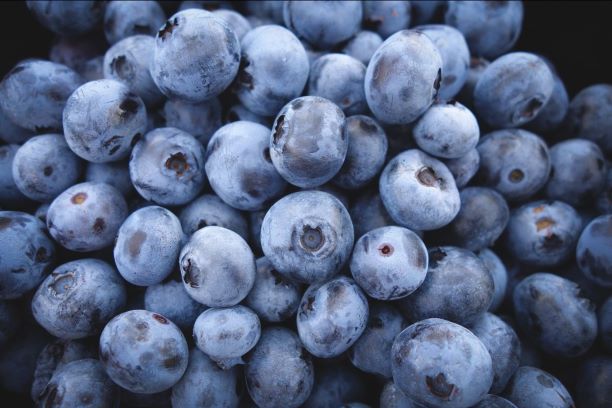Archives
Business, Freight News, Sea
Port of Hueneme Secures Cold-Treatment Finishing On-Dock
[ November 26, 2020 // Gary G Burrows ]Known as the Banana Port of the West Coast, the Port of Hueneme can now add another title to their brand: the Peruvian blueberry pilot Port. Being the specialized reefer port of the U.S. West Coast, Hueneme has been able to receive completed cold-treated produce containers for years; however, they now are now going to be making history by offering the ability of completion of this treatment on-port. This new service is the first of its kind on the West Coast and stands to reduce the cost of transporting blueberries, eliminate thousands of pounds of Green House Gases, and support local California and Peruvian growers.
Oxnard Harbor District Board President Jess J. Ramirez stated, “This new opportunity is not only a game changer for our blueberry partners, but also will help reduce air emissions across the U.S. and spur local job creation, a win-win-win.” This new service will begin immediately as a one-year pilot program, and will eliminate over 2.2 million vehicle miles traveled (VMT) across America. The blueberries will be imported from Peru’s Callao and Paita Ports via the Port of Hueneme, a specialized seaport in the reefer segment located near the largest consumer base on the West Coast market for which these blueberries are intended for, instead of being trucked from the East Coast. This reduction will consequently cut air emissions by 3,660 tons of CO2, 11.56 tons of NOx, 900 pounds of PM10, 820 pounds of PM2.5, and 60 pounds of SOx each year of the pilot.
“I would like to thank our partners at USDA, CDFA, and Ventura County Agricultural Commissioner Ed Williams for their collaboration and faith in our Port to bring this program to fruition,” said Kristin Decas, CEO & Port Director. “This new pilot program will enable blueberries to come directly to the West Coast from Peru during the growing off-season in the United States, benefiting consumers and local blueberry companies alike.”
Additional safeguards will be implemented to help reduce any risk of insects hitching a ride on the blueberries to California including: monitoring, security, and working closely with the local Ventura County Ag Commissioner and Customs and Border Protection Agricultural Inspectors as the blueberries arrive.

Tags: Port of Hueneme









